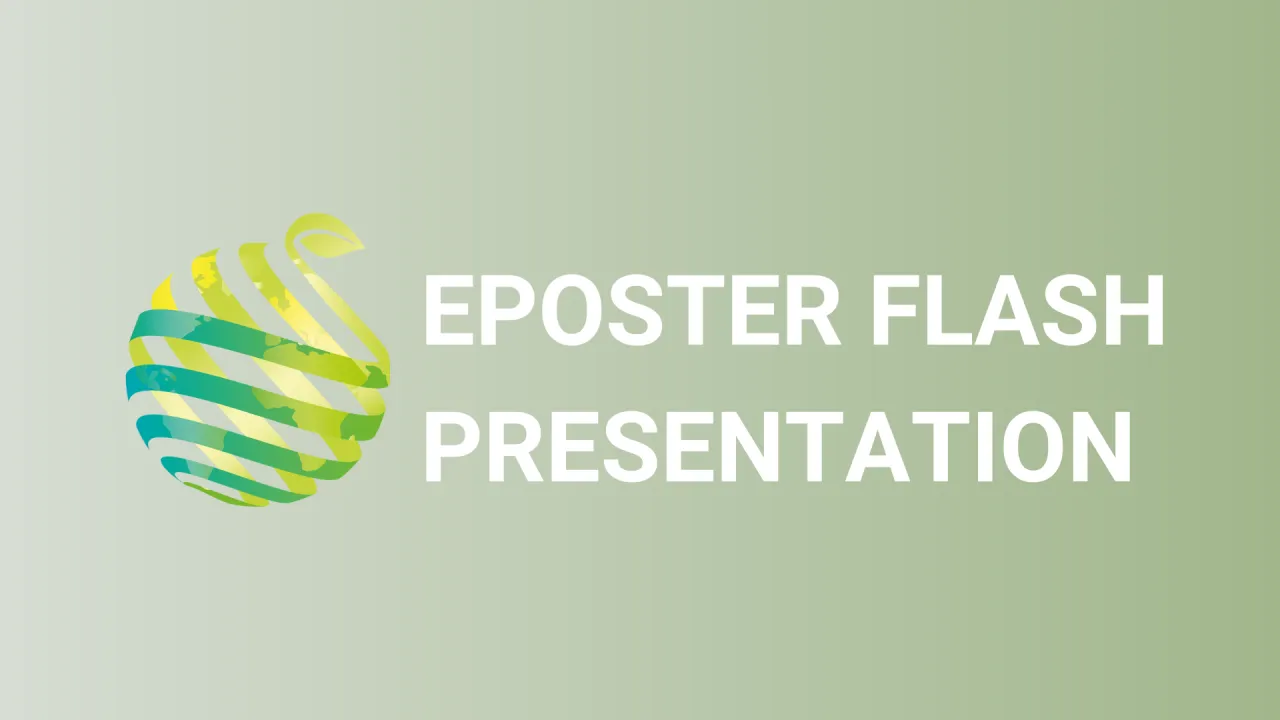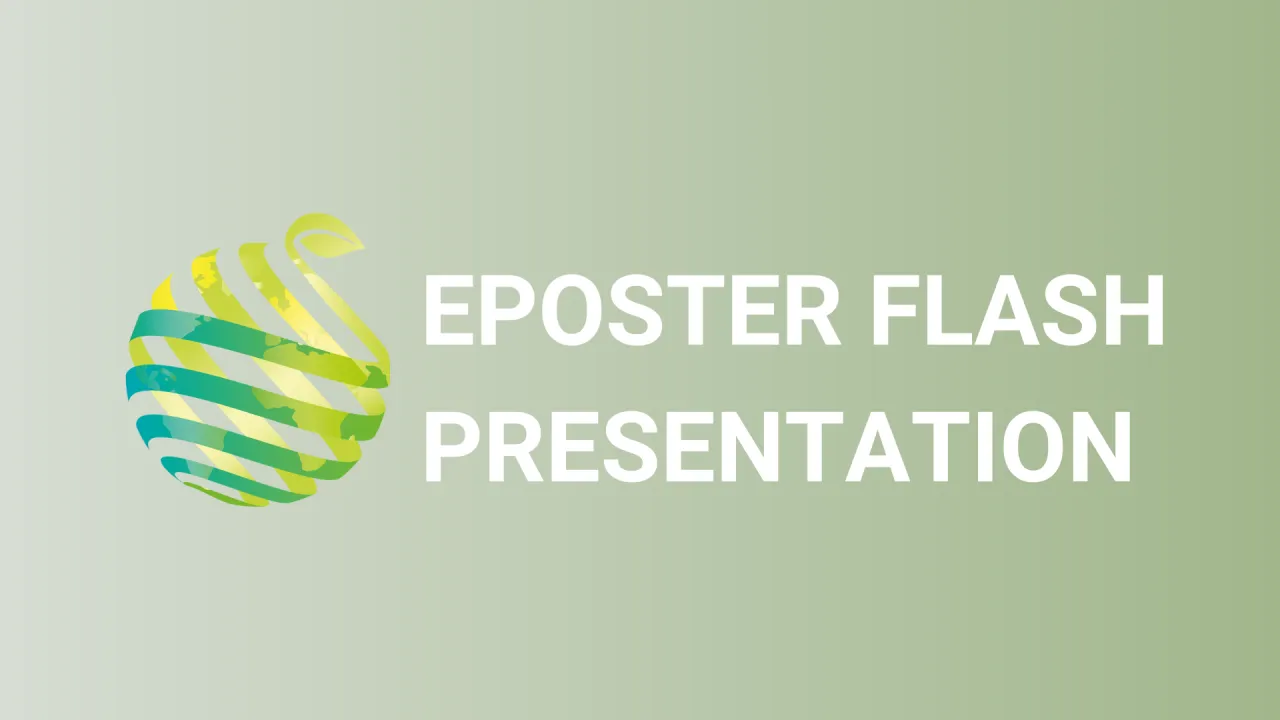

S09 - Session P4 - Horticultural Orchard in Soilless Protected Agriculture, An Alternative for Family Farming
Information
Authors: Eugenio Cedillo Portugal *, Leova Pamela Martínez Hernández
The vegetable garden in soilless protected agriculture is a production model that can be an option to support low-income families. The National Autonomous University of Mexico, through the Aragon School of Higher Studies and the Degree in Planning for Agricultural Development, propose the implementation of vegetable garden to grow a diversity of species under protected agriculture by small farmers who work at a family level. The aims of adopting this technology by small farmers will be for instance the production of quality food, the creation of permanent sources of employment and getting an additional income in the productive unit, and at the same time making a sustainable use of natural resources such as the water and the environment. This production model can be used in urban, peri-urban and rural areas. The vegetable garden project in protected agriculture without soil, was developed at the Center for Productive Practices of the Faculty of Higher Studies Aragon from 2019 to 2021. A 134 m2 tunnel-type greenhouse was used with six terraces with volcanic rock substrate and irrigation by drip. Six different horticultural species were grown: cucumber, jalapeño pepper, poblano pepper, spinach, lettuce, and radish. A modified Steiner nutrient solution was prepared for plant fertilization. A record was kept of the yield per m2 of each of the species and the sale income. The results obtained show that this is an excellent alternative for obtaining fresh high-quality food by small farmers, a source of income and self-employment for their families and local people, and a wise use of the natural resources. The vegetable garden is an option to improve the productivity of family farming in Mexico.